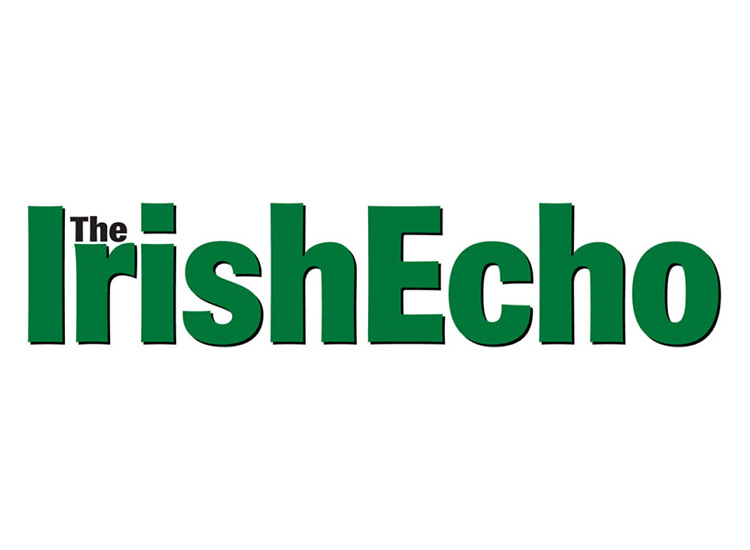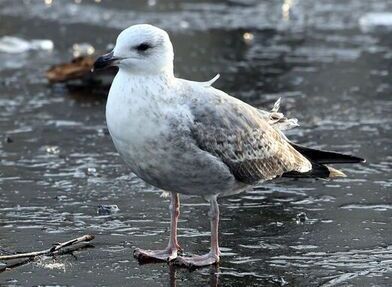They were innocent.
Those that shot them down were "unjustified" in their actions, and what they did was "unjustifiable."
The words of British Prime Minster David Cameron on Tuesday echoed the long awaited Saville report into the 1972 Bloody Sunday shooting in Derry which resulted in the deaths of 14 people.
"There is no doubt. There's nothing equivocal, there are no ambiguities. What happened on Bloody Sunday was both unjustified and unjustifiable. It was wrong," Cameron told the House of Commons while hundreds of miles away in Derry a large crowd gathered in front of the city's Guildhall.
They stood there to emphasize in public, and in numbers, their long held and never doubted belief that the dead of January 30, 1972 had not in any way provoked British paratroopers into a response to a civil rights march that, in the words of then Bernadette Devlin, had delivered to Ireland its version of the Sharpeville massacre in South Africa.
"The government is ultimately responsible for the conduct of the armed forces. And for that, on behalf of the government, indeed on behalf of our country, I am deeply sorry," said Prime Minister Cameron, the Conservative Party leader.
The report by Lord Saville, commissioned by former British Prime Minister Tony Blair a dozen years ago, found that
soldiers who went into the Bogside did so "as a result of an order which should not have been given."
The report concluded that "on balance" the first shot in the vicinity of the march was fired by British soldiers and no warning was given to civilians. None of the casualties was carrying a firearm and while there was some shooting by republican paramilitaries, "none of this firing provided any justification for the shooting of civilian casualties."
Soldiers had lost their self-control, the 5,000 page inquiry determined. It also stated that some of those who were killed or injured were clearly fleeing from paratroopers, or going to the assistance of others who were dying.
Taoiseach Brian Cowen welcomed the findings, calling them a step in healing the "gaping wounds" of the injustice committed on Bloody Sunday.
"The ultimate injustice perpetrated on Bloody Sunday was the unjustified and unjustifiable killing of innocent civilians by those who claimed to be keeping the peace and upholding the law. It was an act of murder that cried out for justice and truth," said Cowen.
Cowen said that justice and truth were had been cast aside, thus adding the suffering of the victims and their families which was further compounded by the "discredited and disgraceful" findings of the Widgery tribunal.
Sinn Féin leader Gerry Adams said that the 38 years of campaigning by the families of the victims had been fully vindicated.
"The facts of what happened on Bloody Sunday are clear. The British Paras came to Derry and murdered 14 civil rights marchers and injured 13 others. They were unarmed, they posed no threat and they were completely innocent," said Adams.
"Today, Saville has put the lies of Widgery into the dustbin of history and with it the cover-up which was authorized of the highest levels within the British establishment and lasted for almost four decades."
The U.S., meanwhile, welcomed the report, which followed the longest judicial inquiry in British history.
"The United States welcomes the publication of the Bloody Sunday Inquiry report. It is our hope that the scale of the inquiry will contribute to greater understanding and reconciliation of what happened on that tragic day," said PJ Crowley, Assistant Secretary of State for Public Affairs.
"We recognize the deep and enduring pain of those who lost loved ones on Bloody Sunday and throughout Northern Ireland's conflict in all communities. The United States will continue to stand by those who are working toward building a peaceful and pluralistic society.
"We hope that the completion of the independent inquiry's work and publication of its report will contribute to Northern Ireland's ongoing transformation from a turbulent past to a peaceful future," Crowley said.









